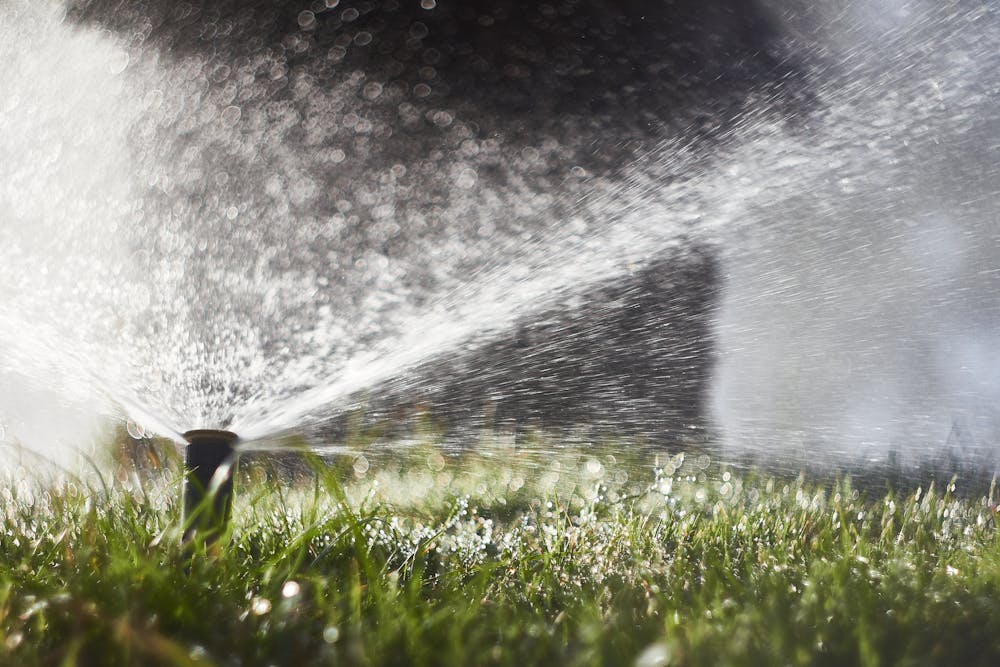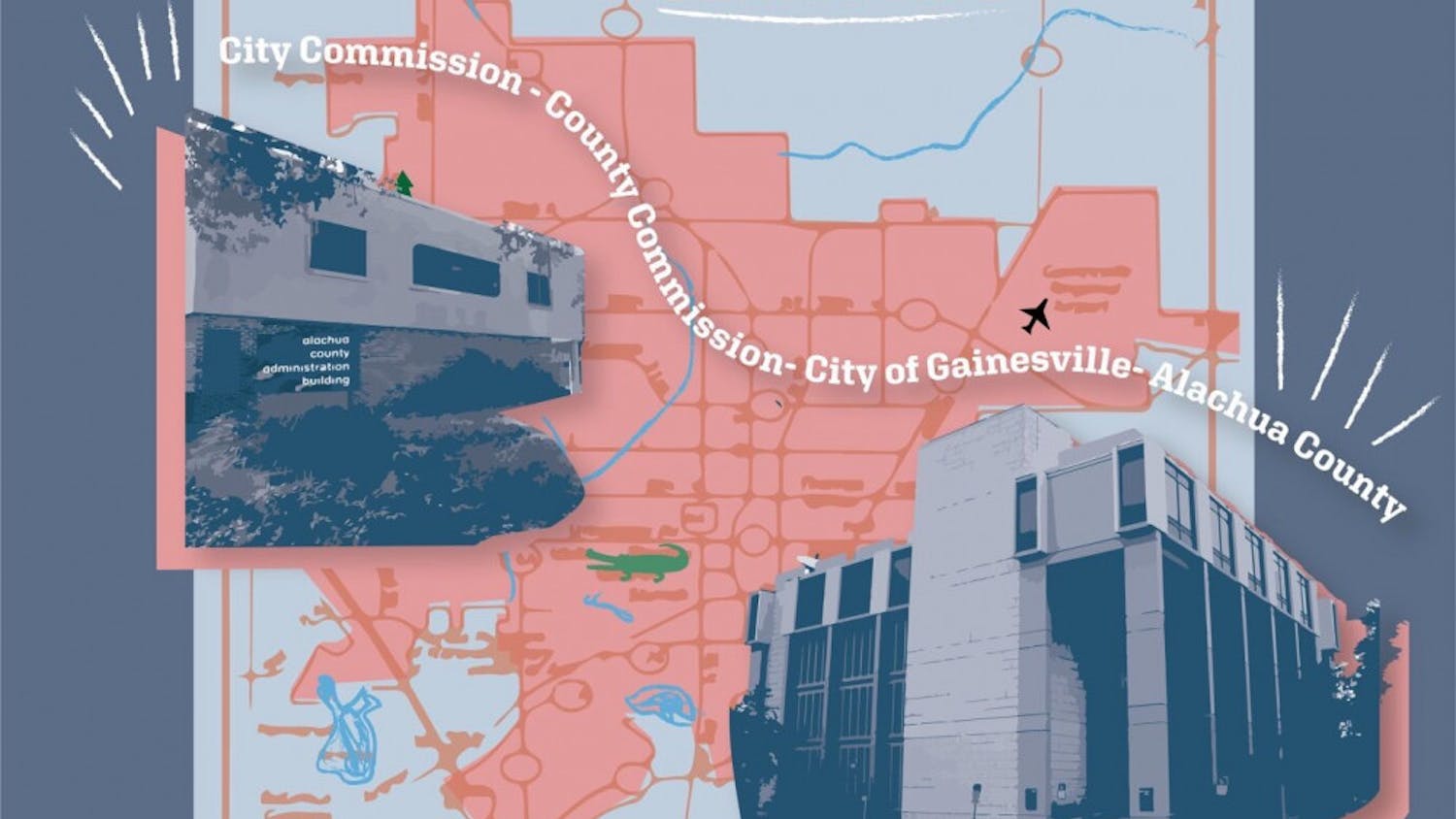The Alachua County Environmental Protection Department will host the first of two public discussion meetings about landscaping and irrigation today. This meeting will occur from 6 p.m. to 8:30 p.m. at the Alachua County Health Department Auditorium on 224 SE 24th St.
Stacie Greco, the interim water resources program manager of the ACEPD, said the meeting’s goal is to talk with attendees on how they can reduce both fertilizer and water use and improve the local water quality.
This issue was first brought before the department at its April 9 meeting when activists and landscaping industry members voiced their concerns about the county’s “impaired water bodies.” In particular, they were concerned about the elevated levels of nitrogen and phosphorus in lakes, creeks, rivers and springs, Greco said.
“It is partially Alachua's responsibility to reduce those nutrients,” Greco said. “One thing we can do is to try to limit our fertilizer use.”
Greco and the other members of the department are calling on the experiences of landscapers and environmentalists within the community through these meetings. The second meeting, which will be held on July 30, will build on the first, and both will feature group exercises that will allow participants to share their ideas and opinions, Greco said.
Though this is not intended to be an educational meeting, Greco said later in the summer, the ACEPD will attempt to inform the public about the information it has gathered, Greco said.
“We don’t want county residents to feel stressed if they aren't familiar with these changes because most have not gone into effect yet,” Greco said.
Chris Bird, the director of ACEPD, said elevated phosphorus and nitrogen levels are a worldwide issue.
The biggest issue they face is water pumping, which causes nitrogen-polluted water to be pumped back into the ground, Bird said.
“In our case, nitrogen is a real problem because it causes algae,” Bird said.
To combat this issue, the department is trying to help the county reduce its water footprint, both on an individual level and a community level. As it is, there may not be enough water to sustain the population, so Bird and his colleagues are focused on figuring out how to turn trends around, Bird said.
“The point of these workshops is really just to get ideas from the community because we understand that we don't have all the answers,” Bird said. “This is always going to be a work in progress, and we're always going to have to be looking for ways of kind of tweaking what we're doing.”





